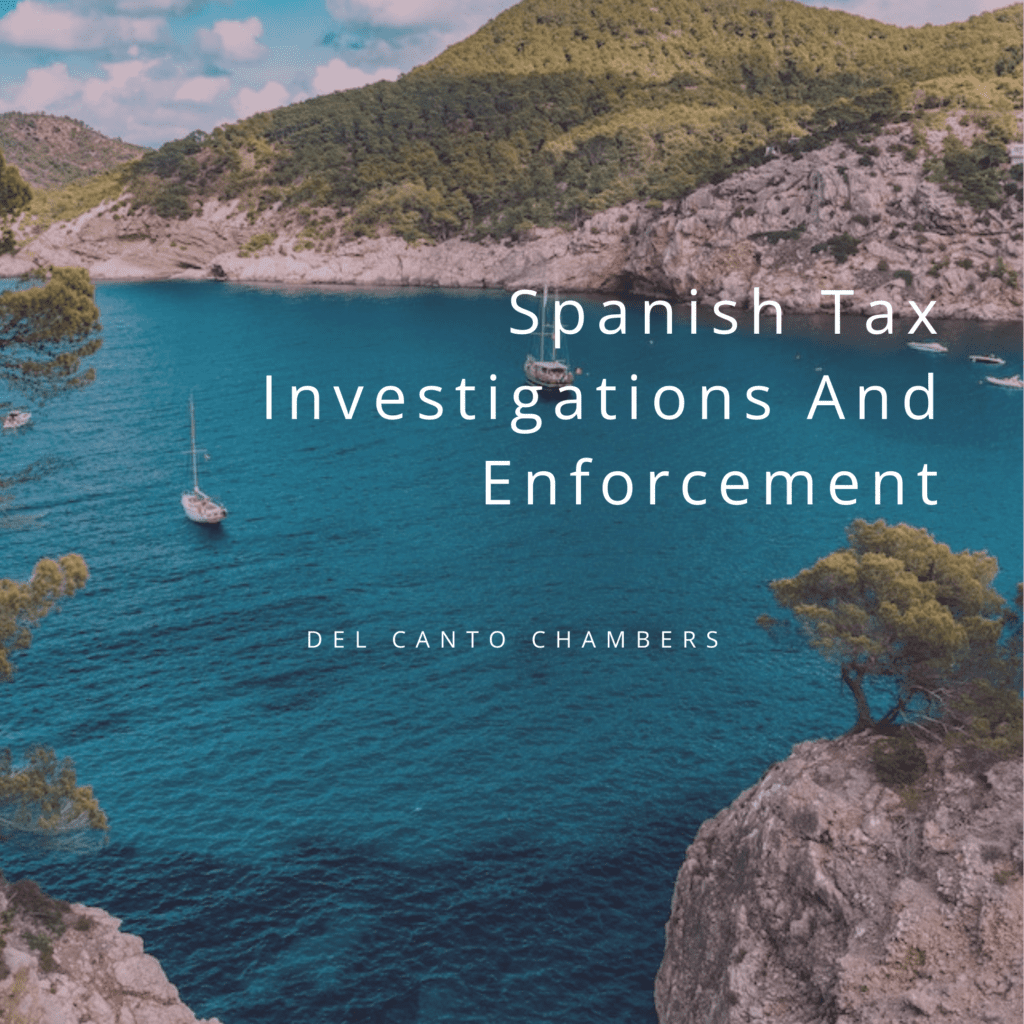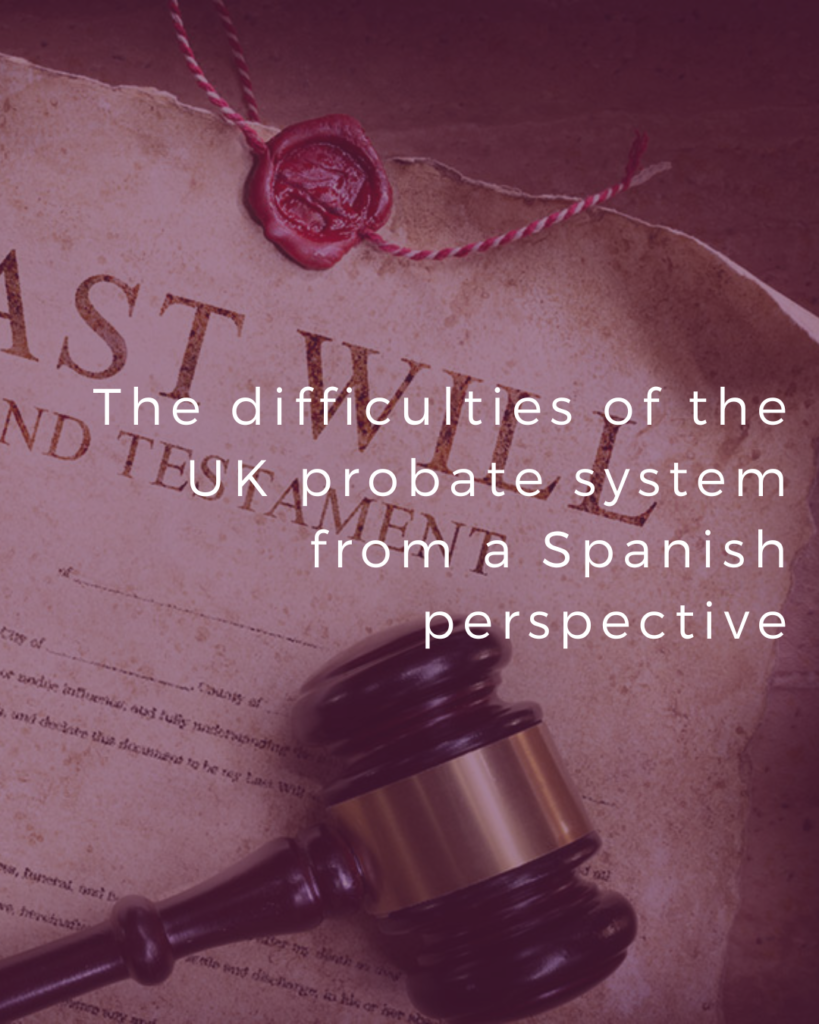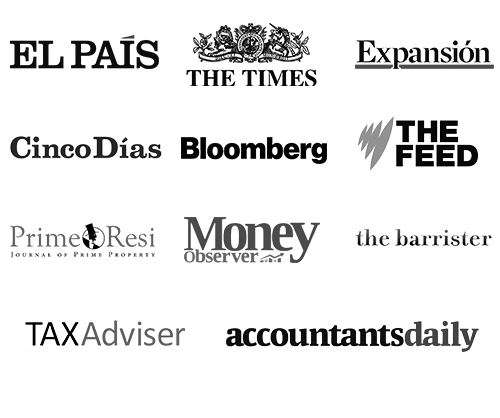According to research by the website InterNations, the top three cities in the world in which expatriates thrive are all in Spain, namely Malaga, Alicante, and Valencia. And with the Spanish Government lobbying Brussels to exempt British tourists from the 90-day visit rule, it is clear that Spain deeply values its expat communities, whether individuals, business owners, and investors. For those relocating to Spain or opening a business or subsidiary in the country, understanding the tax laws, especially around investigations and enforcement, is essential to ensuring regulatory compliance, not to mention a trouble-free existence.
What is the name of the Spanish tax office?
The Spanish Tax Administration Agency (Agencia Estatal de Administración Tributaria, AEAT), commonly known as Agencia Tributaria, is the Spanish revenue service.
How do Spanish authorities ensure that people and businesses comply with domestic tax laws?
The Spanish tax system runs mainly on a self-assessment model. Both individuals and companies must fill out self-assessment forms and file the documents with the Agencia Tributaria.
Companies with tax residence in Spain or non-resident companies acting in Spain through a permanent establishment are bound to the reporting requirements outlined in the Corporate Income Tax Law through which, and on a general basis, they must file quarterly reports and make instalment payments throughout the fiscal year (and they will be subject to withholding taxes on some payments received), as well as an annual tax return for determining its final tax liability for the period in question. Moreover, companies may be required to file withholding tax returns, either monthly or quarterly, depending on their net income.
Individuals (who are not self-employed) are, however, only required to file a personal income tax (PIT) return on an annual basis to assess their final tax liability (after withholdings and payments on account). Self-employed persons who carry out economic and professional activities should file quarterly and annual PIT returns, and, in addition, they may be required to file withholding tax returns, either quarterly or monthly. Income from a Spanish source made by a non-resident entity or individual that does not have a permanent establishment in Spain is generally subject to withholding taxes, the payer being subject to self-assessment obligations. However, the payee may also be subject to self-assessment obligations regarding certain types of income and Spanish source gains.
Concerning indirect taxation (e.g., VAT, transfer tax, stamp duty, etc.), companies and individuals are usually subject to the same compliance obligations. In this sense, companies and self-employed individuals may be required to file withholding tax returns, either monthly or quarterly, depending on their net income or specific elections by the taxpayer. There are no different tax review procedures for verifying compliance with the tax laws and reviewing tax returns depending on whether the taxpayer is an individual or a company. Therefore, the type and duration of a tax review procedure will not be subject to this condition but will merely depend on the complexity and circumstances of each taxpayer’s situation.
Companies with tax residency in Spain or non-resident companies conducting business in Spain through a permanent establishment must adhere to the reporting guidelines stipulated in the Corporate Income Tax Law. Generally, these entities must submit quarterly reports and make instalment payments throughout the fiscal year. Additionally, they may be subject to withholding taxes on certain received payments and must file an annual tax return to determine their final tax liability for the relevant period.
Furthermore, companies may need to submit withholding tax returns, either monthly or quarterly, contingent on their net income.
For individuals (excluding self-employed), the obligation is limited to filing a yearly personal income tax (PIT) return to assess their ultimate tax liability after accounting for withholdings and advance payments. However, self-employed individuals engaged in economic and professional activities must file quarterly and annual PIT returns. They may also be obligated to submit withholding tax returns, either quarterly or monthly.
Income originating from a Spanish source by non-resident entities or individuals without a permanent establishment in Spain is typically subject to withholding taxes. The payer assumes self-assessment obligations, while the payee may also have self-assessment responsibilities for certain types of income and Spanish source gains.
Concerning indirect taxation (e.g., VAT, transfer tax, stamp duty), companies and individuals generally face similar compliance obligations. In this context, entities and self-employed individuals may be obliged to submit withholding tax returns monthly or quarterly, depending on their net income or specific choices made by the taxpayer.
What happens if authorities decide to review my Spanish tax payments?
If Spanish authorities decide to review your tax payments, they will employ one of two methods:
- Tax verification – focuses on the reception, processing and verification of tax returns, self-assessments, data communications, and other tax-related documents. Under the tax verification process, authorities cannot examine company accounts.
- Tax inspection – investigates the factual background of the taxpayers’ obligations to discover those that have yet to be disclosed to the tax authorities and the verification of the truthfulness and accuracy of tax returns filed by taxpayers. Inspectors can examine all documents related to the person or company’s tax affairs, including the company accounts in the latter case.
If you owe the Agencia Tributaria tax revenue, they can install a tax collection procedure to recoup the tax monies.
Can I be fined if I refuse to disclose the requested information to the Agencia Tributaria?
Yes. Fines can range from €150 to €600,000, depending on how often the authority requests information from you and whether you are a company or an individual.
What type of penalties can be imposed by the Agencia Tributaria?
If a tax verification or tax inspection procedure finds that you or your company has
- not paid a debt derived from a tax return in a duly and a timely manner,
- failed to file a tax return or informative declaration;
- unduly applied for and received tax refunds, benefits or incentives; or
- improperly registered tax losses,
a penalty can be imposed. The extent of the penalty will depend on several factors, including:
- The seriousness of the tax infringement.
- Whether this is a first-time offence.
- Whether fraud or dishonesty was involved in the non-declaration or non-payment.
- Whether the infringement has resulted in economic harm to the Spanish Treasury.
Individuals and companies can be criminally prosecuted for tax crimes in certain circumstances, resulting in prison sentences and substantial fines should a conviction be reached.
Wrapping up
Being investigated by the Agencia Tributaria can be incredibly stressful, especially if Spanish is not your first language and you are unfamiliar with Spain’s tax laws and legal defences to imposing penalties. It is, therefore, imperative to instruct an experienced, Spanish-qualified lawyer to advise and represent you and liaise with Spanish authorities on your behalf. Doing so will protect your best interests, and you have a strong chance of receiving a positive result.
Moving to Spain in 2024?
Try our questionnaire to get a sense of where you stand
This quiz may help you to get a sense of how much you know to avoid getting lost in translation.
Our dual-qualified, multi-lingual lawyers can advise you on all aspects of driving licence law in the UK and Spain. Please contact us at +44 207 043 0648 to make an appointment.
Please note that this article does not constitute legal advice.







